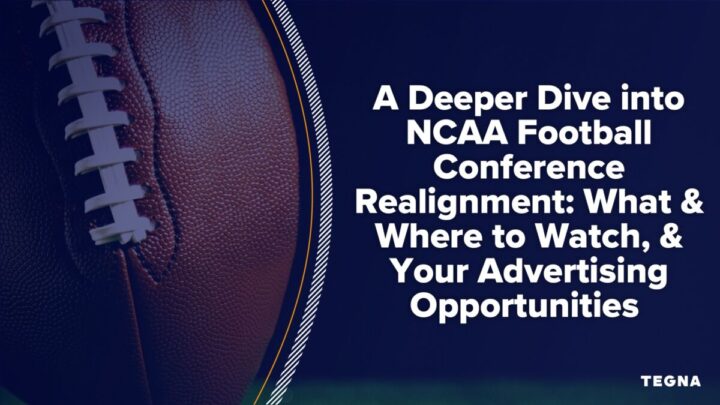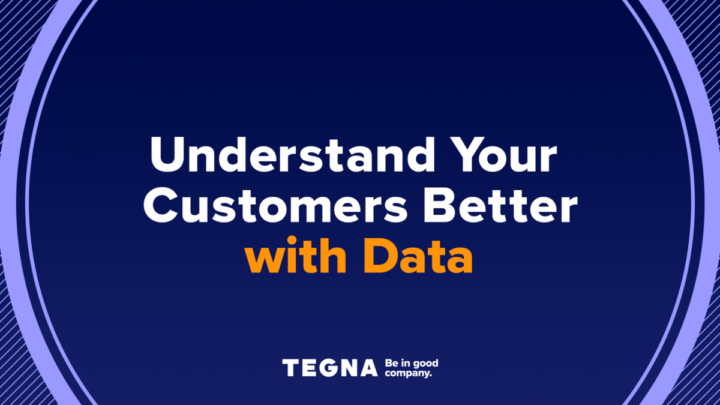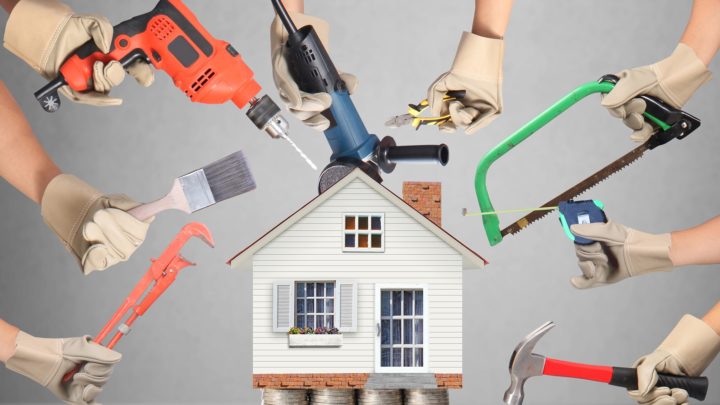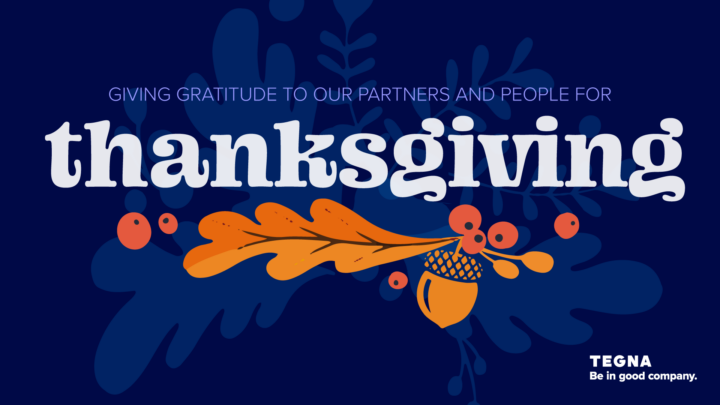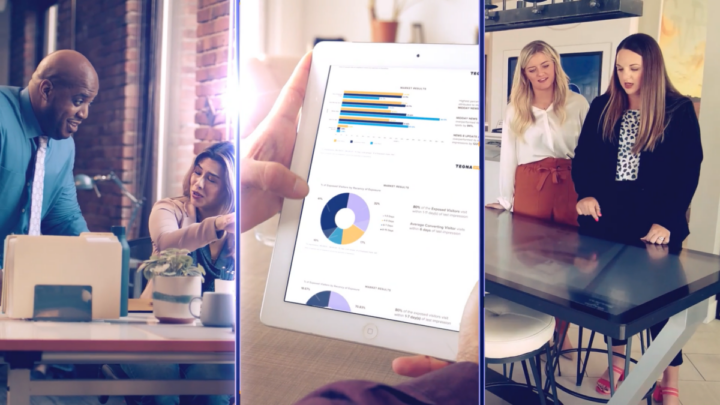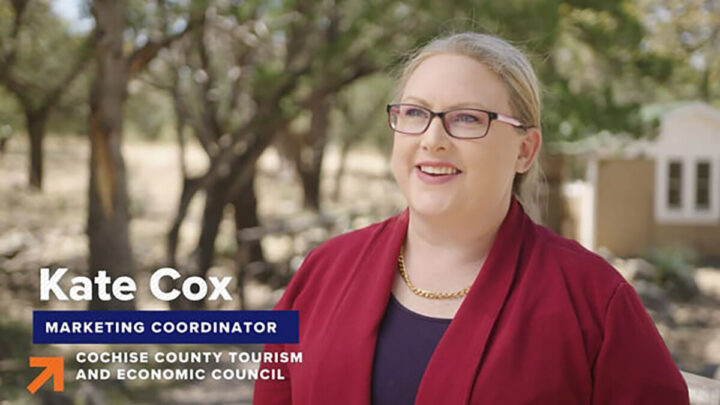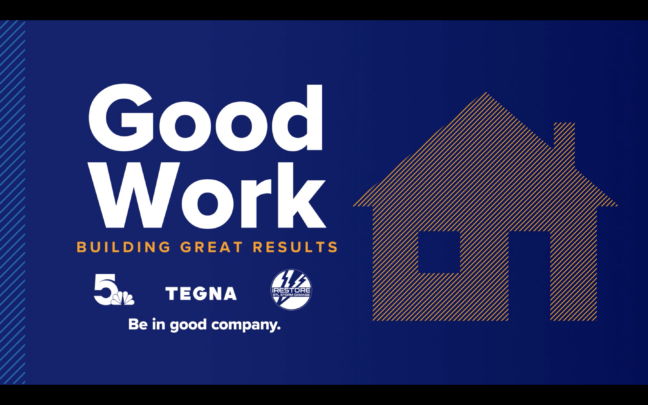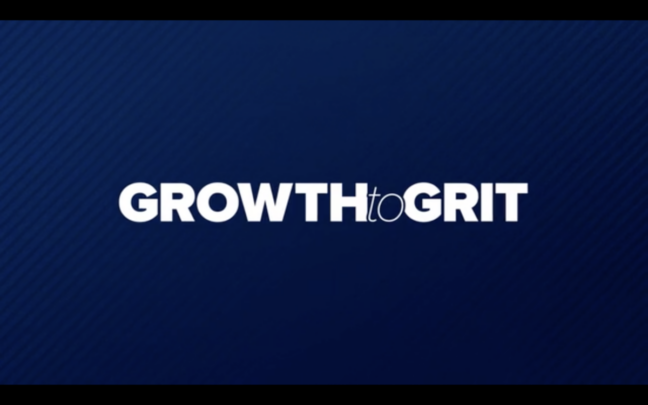New Behaviors, New Solutions: How to Pivot with Your Customer
As consumers are adopting new habits amid the COVID-19 crisis, businesses need to adapt just as quickly. Here are tips and tricks to help adapt to these new and ever-changing shopping habits.

With the COVID-19 pandemic, consumers are disrupted in every aspect of their lives. Where they live, work, play, shop and so on. Social distancing, shelter-in-place, and self-quarantines are new concepts.
Many scared shoppers are stockpiling everything, emptying shopping aisles, while others are scared to go out and order their groceries online. And, for workers, while select businesses have allowed working from home for years, most have never stopped commuting. Until now.
Many of these new behavior patterns – our new normal – will remain, even after COVID-19 fades into our collective memories.
The results: businesses need to adapt. And, many of them are.
To successfully pivot, businesses need to address three key areas: 1) the product offering; 2) financing to enable you to survive while pivoting; 3) your messaging. Let’s explore each one.
First, let’s look at your product mix. Businesses are adapting in real-time, innovating on the fly, from senior shopping hours to help protect our most vulnerable to high-end restaurants known for providing unique dining experiences launching take-out and delivery options.
Even many durable goods companies are adapting. Two examples from the automotive world: Hyundai is offering to cover payments for anyone who bought or leased a vehicle before April 30th and then loses their job. Ford is now allowing purchasers of new vehicles to delay their first payment for 90 days.
Even business-to-business firms are finding innovative ways to adapt. A sports marketing firm that represents a range of Olympians and Paralympians training for Tokyo 2020, among others, launched an online speaker’s series after their athlete’s live speaking events where canceled.
Their first client: Amazon for a speech and Q&A with Paralympian Melissa Hoffman Stockwell, who was the first female to lose a limb – her left leg – in the Iraq war.
“Our business is primarily conference keynotes and other speaking events and then everything started getting postponed, says Jeannie Goldstein at Chicago Sports Partners. “We also realized that there was no better time for sharing stories about overcoming adversity. We felt it was something that was needed because the stories could help others feel inspired, motivated, and connected.”
Keep in mind, when pivoting, as Jill Cain, TEGNA’s Director of Consumer Insights and Sponsorship, points out, “It’s not about selling. Rather, it’s about fulfilling needs during crisis and supporting your local communities. People will remember how you helped.”
Then, financing. If you’re among the lucky ones, you have enough working capital to make your payroll – or a source to obtain it at low-interest rates as part of your disaster preparedness plan.
If not, small business owners in all states are now eligible to apply for low-interest Economic Injury Disaster Loans through the U.S. Small Business Administration (SBA). This program offers working capital loans worth up to $2 million to help bridge the gap, so you can cover accounts payable, fixed debt, payroll, and other operating costs.
“We know small businesses are feeling a great deal of uncertainty right now about their futures, and this disaster loan program can offer some stability and reassurance to help entrepreneurs get through the challenging times,” said SBA Illinois District Director Robert Steiner.
Whatever you do, be wary of predatory loans that you might be inspired to take in desperation. High-interest predatory loans may help you prolong your business in the short run, only to put you out of it in the future, because of the repayment burden. Rather, be sure you obtain loans for working capital from a reputable source.
Finally, you need to ensure that messaging is relevant. Businesses are refocusing their messages, emphasizing how they’re part of the community and being responsive to its needs.
For instance, according to Cain, “A regional pizza chain has pivoted its advertising to focus on take-out and, more importantly, delivery to those who can’t get out, showing how they are serving the betterment of their community.”
Other businesses, including many event-based ones, are donating their paid advertising slots, so the time can be used for public service announcements (PSAs), as a way to give back.
“People are now looking for information. It’s one of the reasons why local broadcast television viewing is doubling during this crisis,” says Cain, “and your business can be part of the solution too.”
Whatever you do, stay positive. We will get through this pandemic. The changes you make to business today – and the relationships and goodwill you create through your acts of caring – can help thrive in the coming years. Your pivots might give you additional ongoing sources of revenue and improve your brand equity – the benefits you accrue for positive impressions of your brand – can also improve as a result.



